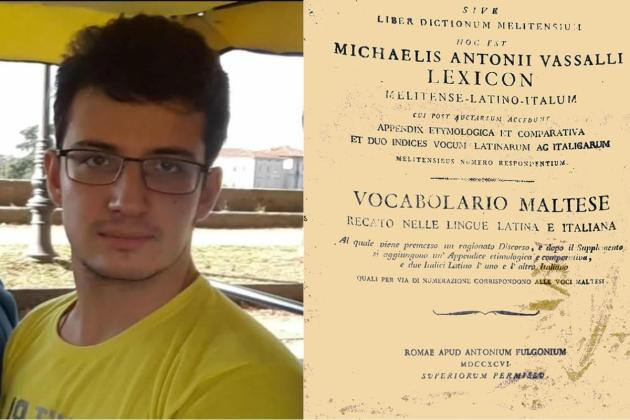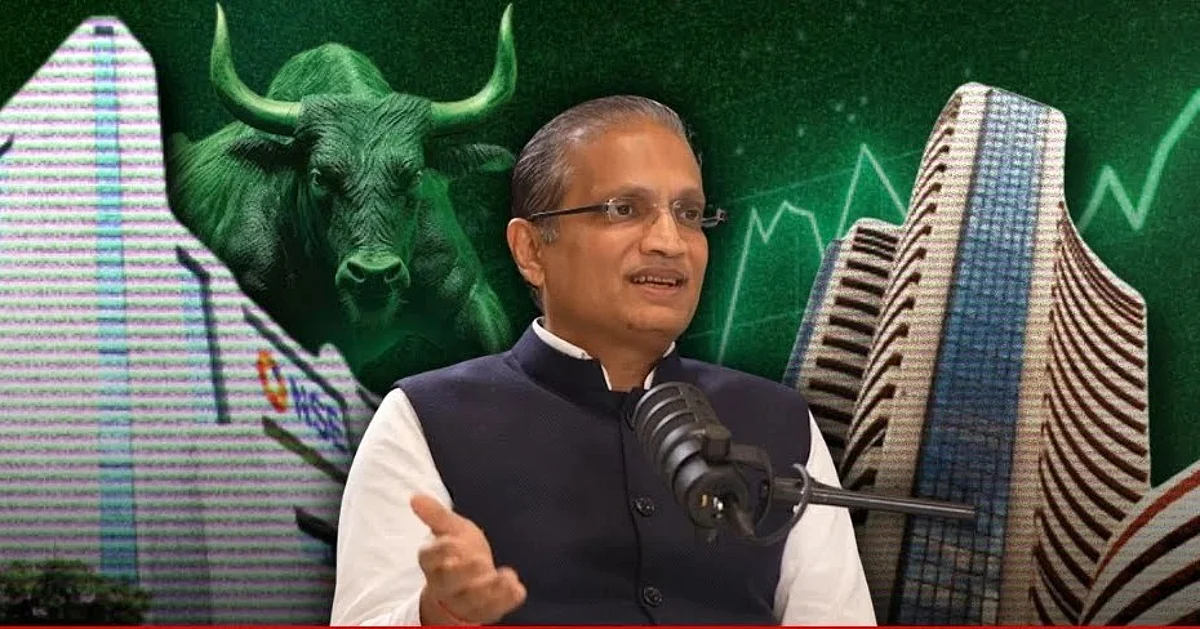By Adriana Bishop
Copyright timesofmalta

An Italian student who has never been to Malta has launched a petition to reintroduce Italian as the third official language. Launched in three languages by 27-year old Italian student Gabriele Bini, the petition has already garnered almost 8,000 signatures in just one week. The petition points at Article 5 of the Maltese Constitution which stipulates that “the Maltese and the English languages and such other language as may be prescribed by parliament” shall be the official languages of Malta, “thus leaving a door open” for other languages to be added. Bini, who lives in Tuscany and is a third year student at the Pegaso Telematic University reading modern languages, points out that Italian is spoken fluently by 41.34 per cent of Maltese people in Malta, quoting “estimates” that indicate that as many as 86 per cent of the population speak the language to some degree. He also refers to a speech by European Parliament president Roberta Metsola where she said that Italian “has been spoken in Malta for centuries”. Italian was Malta’s official language for many centuries until 1936 after its status was revoked by the British colonial government in 1934. It was considered the language of culture and was used officially although it was primarily spoken by the upper classes while Maltese was more common among those who were less well-off. Italian was formally dropped as an official language by the British authorities in 1934 and replaced by Maltese alongside English. However, the Maltese Government Gazette was published in three languages until 1964: Italian, Maltese and English. Italian is still taught at school and many still watch Italian television programmes. In a video message broadcast on the channels of the Italian ministry of foreign affairs on the occasion of the Week of the Italian Language in the World, Metsola had said: “The Italian language is the third most widespread language in Malta, and is spoken by more than half of Maltese citizens. The language we speak is the medium through which our culture, our history, our values, and our vision of the world are conveyed. Long live the Italian language, long live Italy, and long live Europe.” The petition has now garnered 7,919 since it was launched a week ago. Contacted by Times of Malta, Bini confessed he did not expect such a response to his petition. He said he had always had a “passion” for history despite never visiting the island. “Unfortunately I have never been to Malta, yet. I would love to visit. My sister has been and even some of my friends have visited,” Bini said. He also runs the Malta Italiana Facebook page which was created for a “historical and cultural rapprochement of Malta with Italy, and for the introduction of the Italian language as a third official language on a par with Maltese and English”. The page features a photo of former Nationalist Party leader Enrico Mizzi as its cover image and a photo of Mgr Ignazio Panzavecchia as its profile image. Asked why he chose these particular people from Malta’s history, Bini said Mizzi, who briefly served as prime minister in 1950, was chosen because he “was the last member of the Nationalist Party to claim ties with Italy” and Panzavecchia, who played a major part in Malta’s 19th century politics, was a “great admirer of Italian culture who considered it the backbone of Malta’s European and Latin culture”. Bini said the aim of the petition was to see what the Maltese thought about this proposal “in a democratic manner” and then he would let the government institutions take over, confessing that he doesn’t quite know exactly how they function in such matters. “I don’t know if I have to write to them or whatever, but certainly if the petition garners many signatures I will try to get in touch with the competent institutions,” Bini said.



